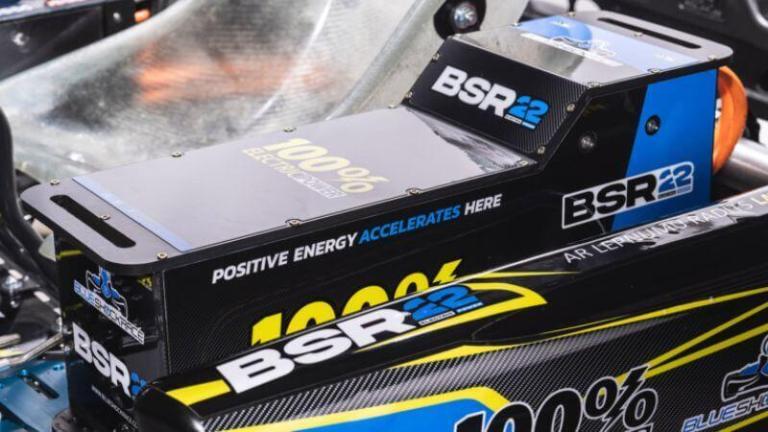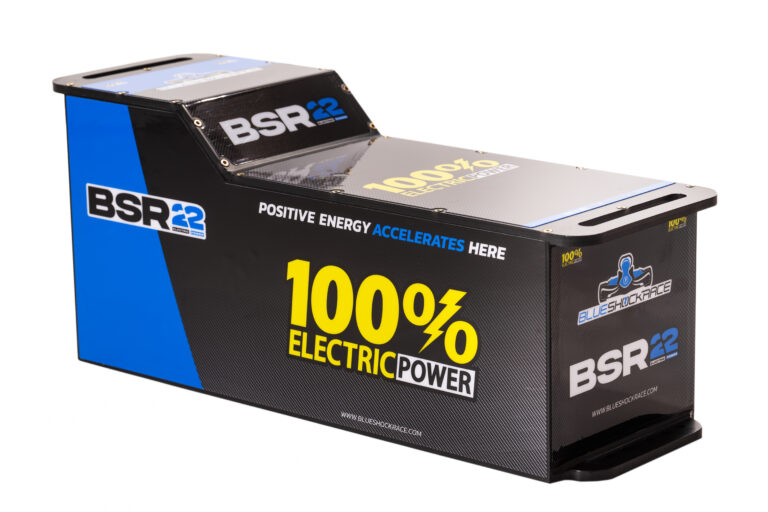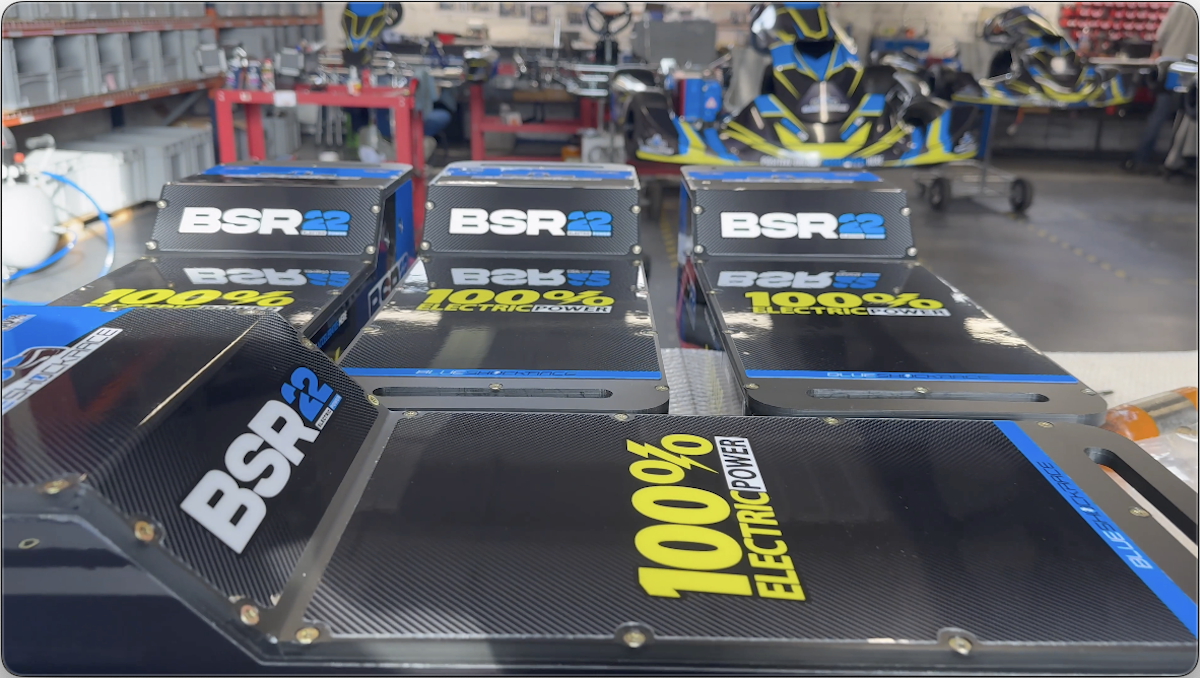In the last five years, BSR has delivered over 1,500 batteries worldwide, collecting vast amounts of data from various regions and industries. This blog post will explore the costs associated with battery degradation, providing insights based on data accumulated from 40 countries, spanning both the sports and entertainment industries, among others. It’s important to note that the data discussed in this post pertains to Li-Ion technology, which may differ from other technologies such as LiFePo4.
The Fear of Battery Degradation: What Will It Cost?
One of the biggest concerns for karting enthusiasts and business owners is battery degradation. You may wonder, How much will this cost me? and Will I be able to afford it? To put it into perspective, think of it like this: every time you charge your battery, you’re essentially “paying” a small degradation fee of about €0.50 to €1. Over time, this adds up, much like the cost of charging itself, which ranges from €0.30 to €0.90 per charge. With degradation factored in, each charge could cost between €1-€2. While this may seem like an additional expense, it’s still much cheaper when compared to internal combustion engines (ICE).
Now, imagine if you saved this small fee over time. By the time your battery has degraded to around 70% of its original capacity (a 30% loss), you would have saved enough to invest in a new battery. And even then, the old battery can still serve as a lower-powered backup or training battery.

How Much Does Battery Degradation Actually Cost?
The cost of battery degradation depends heavily on how the batteries are treated. Karting enthusiasts or track owners who are diligent in following proper battery guidelines can achieve a degradation cost of around €1 per hour of use. For a 10-minute session, this would amount to approximately €0.15. These users avoid common pitfalls like overheating, overcharging, or leaving batteries drained for extended periods. They also avoid charging batteries to 100% regularly, all of which helps to extend battery life.
On the other hand, those who push their batteries to the limit—running them at 95% capacity, overheating them, or cycling them aggressively—could see their degradation costs rise to as much as €6 per hour. That equates to about €1 for a 10-minute session. So, the better you care for your batteries, the lower your cost per session will be.

What to Do When Your Battery Degrades?
Once your battery has degraded to the point where it starts to impact your business or race performance, you have two options:
- Purchase a new battery
- Opt for a full industrial refurbishment from BSR
The refurbishment process involves retaining all components that still meet safety and performance standards while replacing parts that have worn out, typically the battery cells themselves. This approach can save battery owners up to 45% compared to buying a new battery.
For an individual karting enthusiast, this may not seem significant. However, for a karting hall with 150 batteries, the savings are substantial, even if the batteries need to be shipped from across the world. Refurbishing is also more eco-friendly, as BSR can repurpose these old batteries for renewable energy storage systems. After several years in such systems, the batteries can then be recycled, maximizing their value throughout their lifecycle.
Conclusion: Battery Degradation and Costs in Perspective
Battery degradation is inevitable, and it comes with a cost. However, diligent users will pay significantly less than those who treat their batteries carelessly. While this post focuses on the karting industry and Li-Ion technology, the costs in other industries with lower performance requirements would likely be 2-5 times lower. In storage systems, the costs might be as much as 10 times lower.
Our goal here was to provide karting users with a comprehensive understanding of battery degradation and its costs. If you have any questions, feel free to drop them in the comments, and we’ll be happy to answer.

Contact Information
For Further Inquiries: info@blueshockrace.com
(+371) 2046-5432 (the E.U.), +1 (484) 585-0115 (the U.S.A.)
